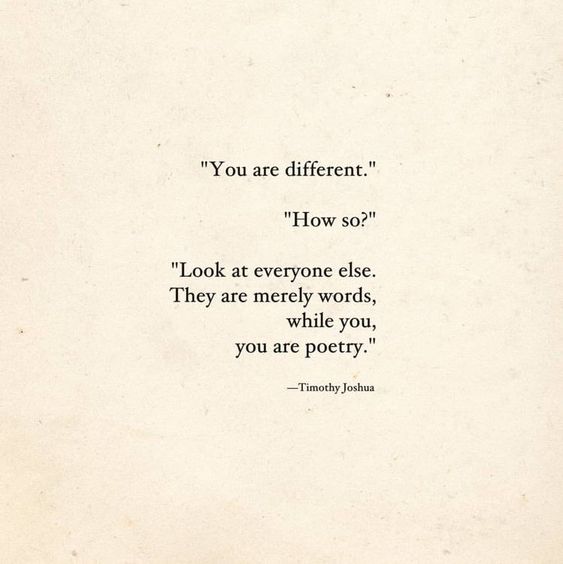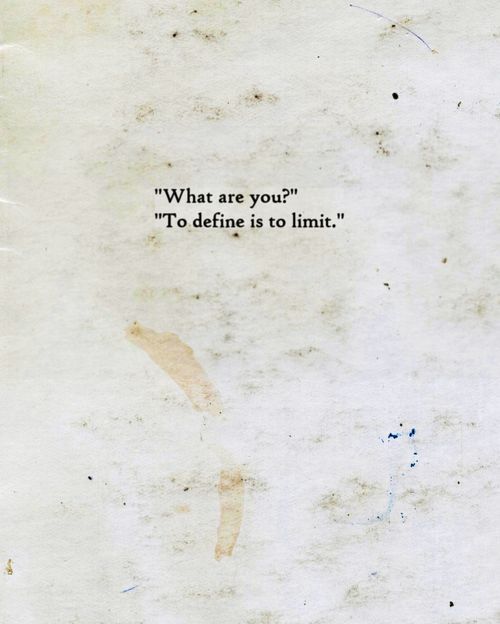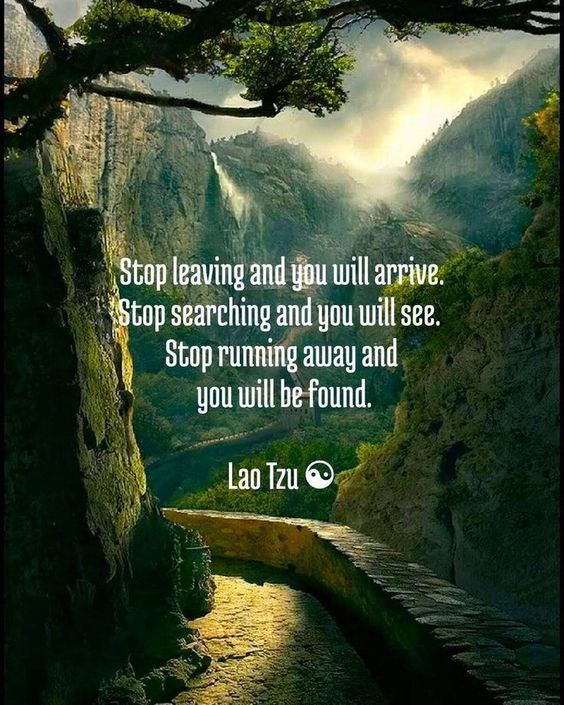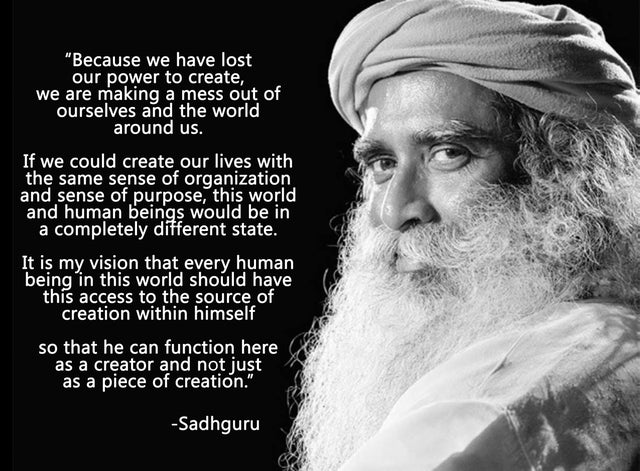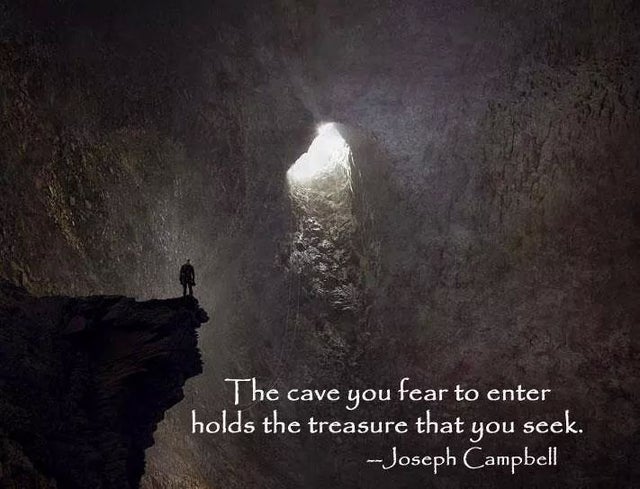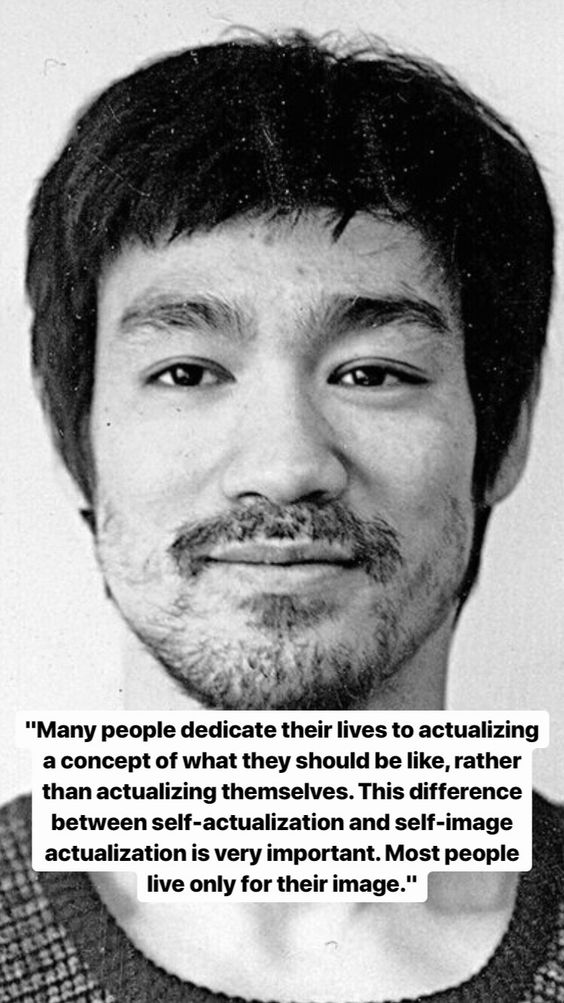“It’s ironic that to find the courage to lead an authentic life, you will have to go into the dark rooms of your most inauthentic self. You have to confront the very parts of yourself that you fear most to find what you have been looking for, because the mechanism that drives you to conceal your darkness is the same mechanism that has you hide your light. What you’ve been hiding from can actually give you what you’ve been trying hard to achieve.”
Debbie Ford, The Shadow Effect (Page 92)
“I respect the man who knows distinctly what he wishes. The greater part of all the mischief in the world arises from the fact that men do not sufficiently understand their own aims. They have undertaken to build a tower, and spend no more labor on the foundation than would be necessary to erect a hut.”
Johann Wolfgang von Goethe, via Sunbeams (Page 103)
The Shadow Effect: Illuminating The Hidden Power Of Your True Self [Book]
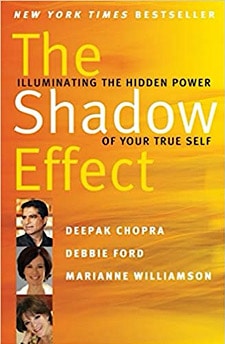
Book Overview: New York Times bestselling authors and internationally acclaimed leaders in the field of new thought, Deepak Chopra, Debbie Ford, and Marianne Williamson have joined together to share thier knowledge on one of the most crucial obstacles to happiness we face—the shadow. These three luminaries, each with a signature approach, bring to light the parts of ourselves we deny but that still direct our life. The result is a practical and profound journey to wholeness.
Post(s) Inspired By This Book:
“Hurt people hurt people. But healed people heal people. Respect your feelings, and you’ll find your trauma. Respect your trauma and you’ll find your purpose. Respect your purpose and you’ll find your destiny. Respect your destiny and you’ll find your legacy.”
Rebecca Bardess, Twitter
“If I am transparent enough to myself, then I can become less afraid of those hidden selves that my transparency may reveal to others. If I reveal myself without worrying about how others will respond, then some will care, though others may not. But who can love me, if no one knows me? I must risk it, or live alone. It is enough that I must die alone. I am determined to let down, whatever the risks, if it means that I may have whatever is there for me.”
Sheldon Kopp, If You Meet The Buddha On The Road, Kill Him, via Sunbeams (Page 93)
“You cannot stay on the summit forever; you have to come down again… So why bother in the first place? Just this: What is above knows what is below, but what is below does not know what is above. One climbs, one sees. One descends, one sees no longer, but one has seen. There is an art of conducting oneself in the lower regions by the memory of what one saw higher up. When one can no longer see, one can at least still know.”
Rene Daumal, Mount Analogue, via Sunbeams (Page 85)
“The things that some people manage to be experts in: fantasy sports, celebrity trivia, derivatives and commodities markets, thirteenth-century hygiene habits of the clergy. We can get very good at what we’re paid to do, or adept at a hobby we wish we could be paid to do. Yet our own lives, habits, and tendencies might be a mystery to us.”
Ryan Holiday, The Daily Stoic (Page 116)
“You are not your work. Your work is a series of choices made with generous intent to cause something to happen. We can always learn to make better choices.”
Seth Godin, The Practice (Page 181)
“You may study with the highest teachers, but you will find no one but yourself teaching you. You may travel the world over, yet find nothing but yourself, reflected the world over. So if you now find yourself in a cell, take heart that out of all the teachers in the world, out of all the places in the world, you still have with you the only ingredient of your journey: yourself.”
Bo Lozoff, via Sunbeams (Page 79)
“Writers write. Runners run. Establish your identity by doing your work.”
Seth Godin, The Practice (Page 35)
“I do not like work—no man does—but I like what is in work: the chance to find yourself.”
Joseph Conrad, The Heart Of Darkness, via Sunbeams (Page 75)
“It is better to follow your own path, however imperfectly, than to follow someone else’s perfectly.”
The Bhagavad-Gita, via The Practice (Page 8)
“The purpose is to identify not with the body which is falling away, but with the consciousness of which it is a vehicle. This is something I learned from my myths. Am I the bulb that carries the light, or am I the light of which the bulb is the vehicle? If you can identify with the consciousness, you can watch this thing go like an old car. There goes the fender, etc. But it’s expected; and then gradually the whole thing drops off and consciousness rejoins consciousness. I live with these myths—and they tell me to do this, to identify with the Christ or the Shiva in me. And that doesn’t die, it resurrects. It is an essential experience of any mystical realization that you die to your flesh and are born to your spirit. You identify with the consciousness in life—and that is the god.”
Joseph Campbell, via Sunbeams (Page 70)
“Understanding what bothers you is just as important as understanding what excites you.”
Chris Guillebeau, The Happiness of Pursuit (Page 192)
